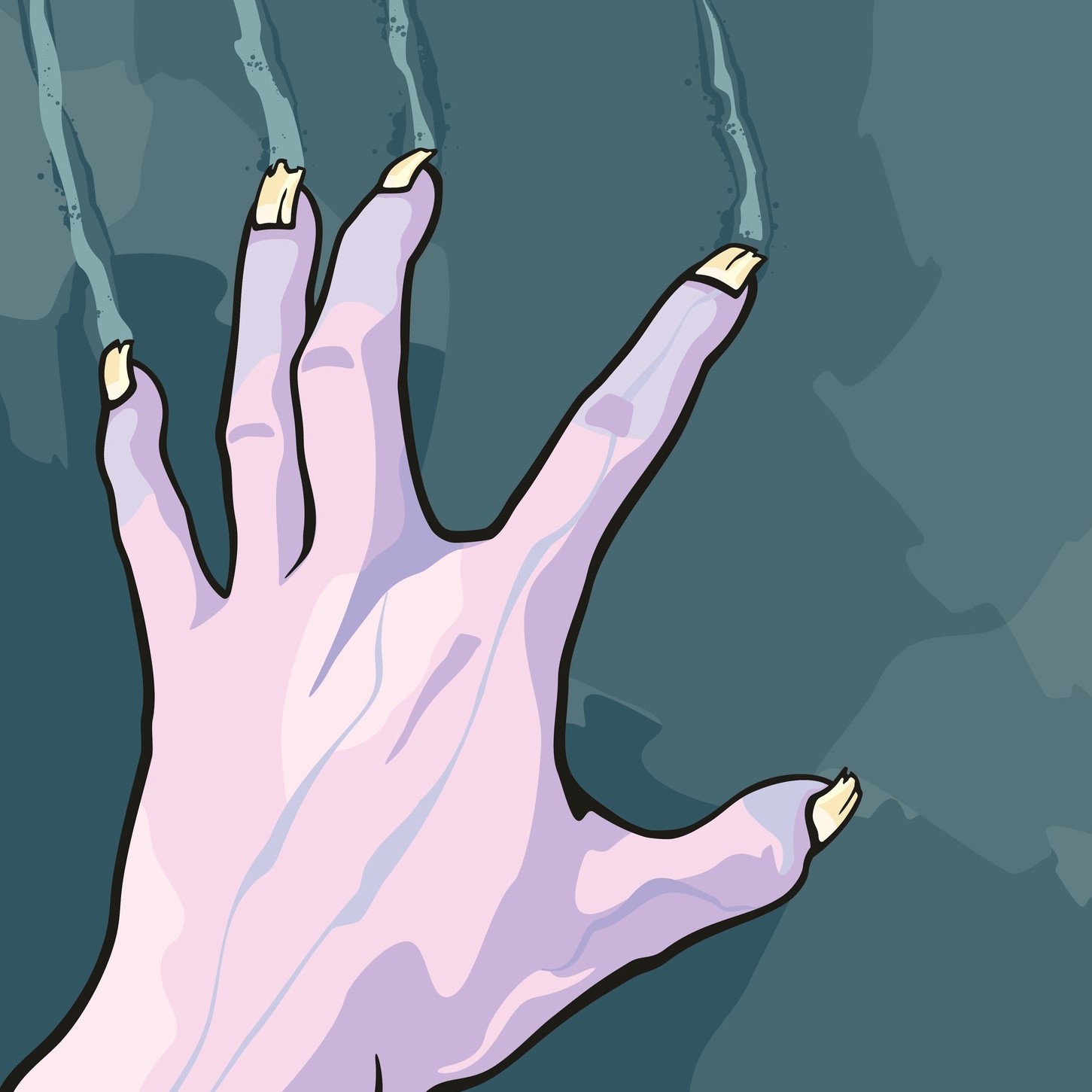While we are naturally jubilant about regaining our freedom and independence after months of lockdown, ‘opening up’ is presenting its own anxieties.
What if we mess it up, ignore the advice of the experts and create even more trouble by causing more infections across a broader spectrum of society – especially resulting in more sick young people. Such a scenario will undoubtedly lead to a repeat of the lockdown.
We have been warned that another lockdown will most certainly have more draconian restrictions. So, the question is: how can we handle the respite from restrictions while staying safe and avoiding a second, perhaps even deadlier wave?
Free will is the topic here. Clearly, we must confront our capacity to make independent choices that create our circumstances. Today, we have enormous access to information – okay some of it is fake – but at least we have the possibility to learn about COVID-19 and its effects from a wide range of experts. There really is no excuse for not making an informed decision, using our free will.
However, there is a problem here. Neuroscientists are increasingly convinced that there is no such thing as ‘free will’. An article in the ‘The Atlantic’, a well-respected, intellectually focused journal, reported on the topic in June 2016. In the piece, entitled: ‘There’s no such thing as free will; but we’re better off believing in it anyway’, the writer and philosopher, Stephen Cave, presents various bodies of scientific evidence and philosophical schools of thought on the topic.
The scientists conclude that free will does not exist. To prove this, they point to experiments on the workings of the human brain, which have shown that intricate networks of neurons create electrical activity that builds up in a person’s brain before he/she makes any movement to action. The conscious decision seems to come after the brain activity. This would suggest – as the article explains – that: the firing of neurons determines not just some, or most of our thoughts, hopes, memories and dreams – but all of them….
This would appear to confirm that free will has little if any part to play in our actions. The thinking being that we are victims of our inherited traits and environmental experiences, which can lead us to conclude that we are not responsible for our actions and therefore not to blame for them.
However, I am with Stephen Cave on this because belief in free will fosters motivation, inspiration, and a drive to create a better world, with a sense of personal responsibility for our actions. It will also stimulate us to show more empathy towards others. So, assuming a best-case scenario: that we can cultivate free will by paying attention to our behavioral tendencies, the question is: once we have cultivated it, will we make the right choices towards the best vision of our lives, or will we squander our destiny?
That question was partly answered by the Corona virus pandemic. It all happened suddenly as if someone, or something on a much higher level got involved and a voice boomed from beyond: ‘Now, are you listening?’
Perhaps the Universe has had enough. Perhaps we have tested the patience of our creator one too many times. And we are now paying for it.
In the space of a few months, the Corona virus has viciously whipped through every corner of the world, spewing fear at breakneck speed and imposing anguish and pain on gasping ICU patients and their distraught families.
The cry has gone out across the world: ‘Where will it end?’
The more important question may well be: ‘How did we get here?’
Clearly, it is time for some soul-searching- both on a personal and societal level. And soul-searching is best done in a quiet place. At home. Not out in crowded streets. Partying our lives away.
A repeat of what just happened is possible
In the so-called ‘Roaring Twenties’, after people emerged from the Great War of 1914-18 and then escaped the ravages of the pandemic of 1918/19, they grasped at the opportunity for extravagance reminiscent of the scenes in earlier pandemics.
In the 1920s, investment and consumerism flourished and the economy roared. However, it all came to a screeching halt with the Wall Street Crash of 1929, which led to the Great Depression of the 1930’s and a second wave of war on a global scale, beginning in 1939.
So, what will you do when you are released from lockdown? History is calling. What will be your response?
Will you defy the call for social distancing and head off in a big group to the beach or the countryside on vacation and maybe max out your credit card, or will you opt for resilience, be thankful that you’ve survived, and take this as a glorious opportunity to help create a better, more inclusive, caring, sharing world?
We now have the chance not only to open our economies – schools, businesses, and recreational venues – but also to open our hearts to each other. And if we choose the heart-based route, we will be placing more value on being well-healed rather than being well-heeled.
So, using your free will, what will you choose to do?


